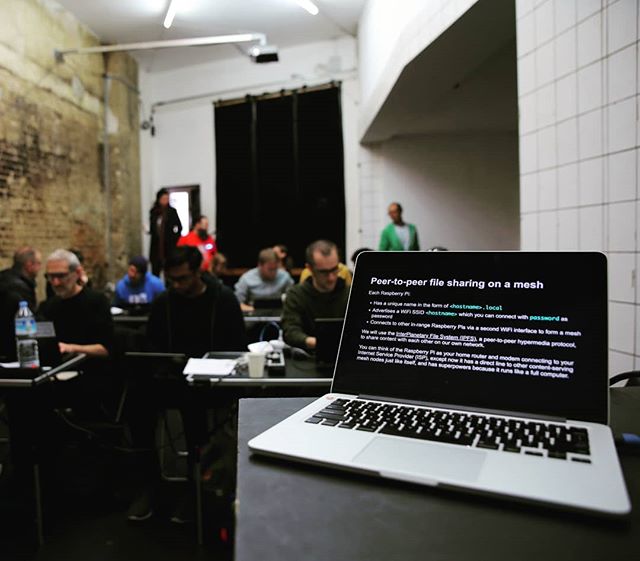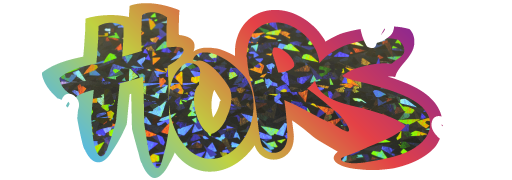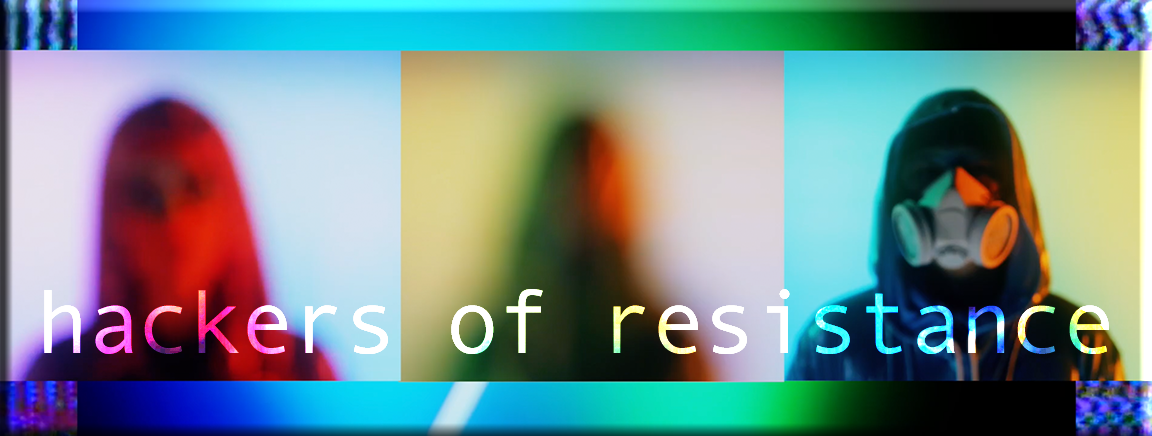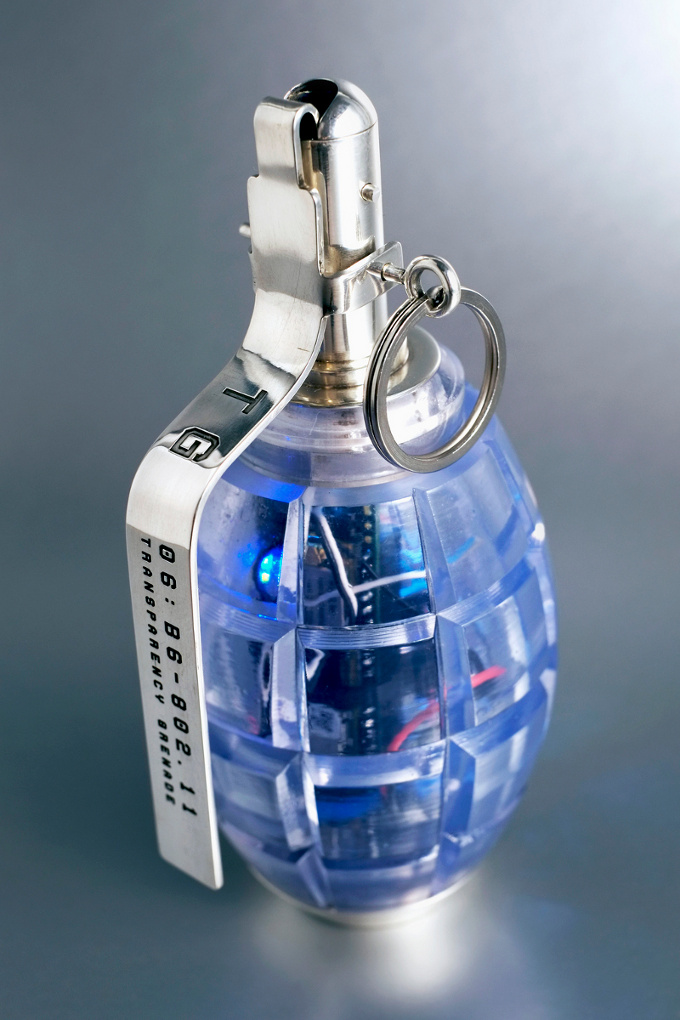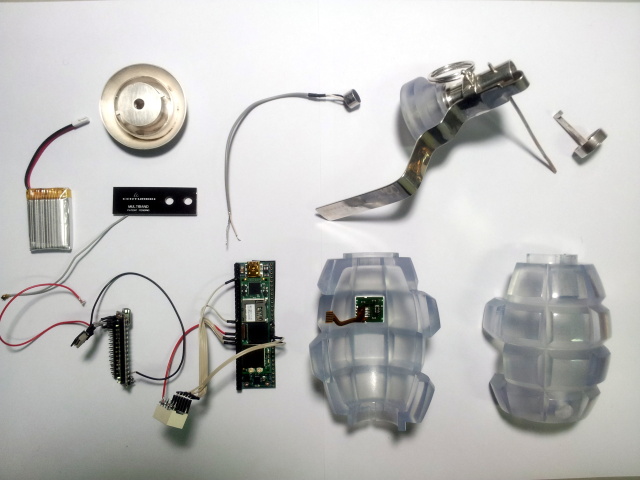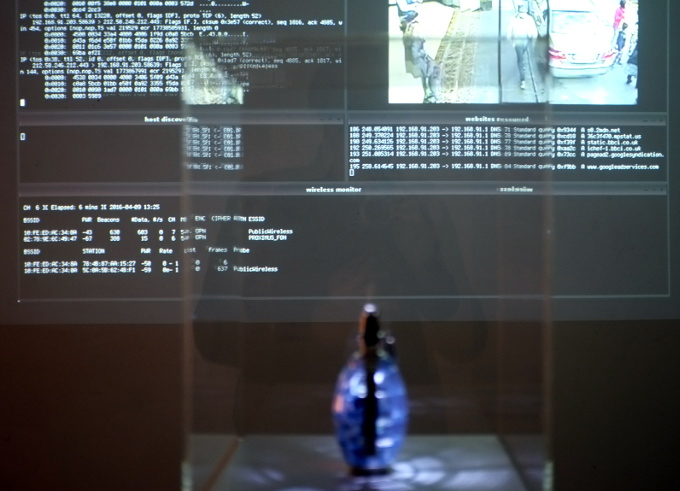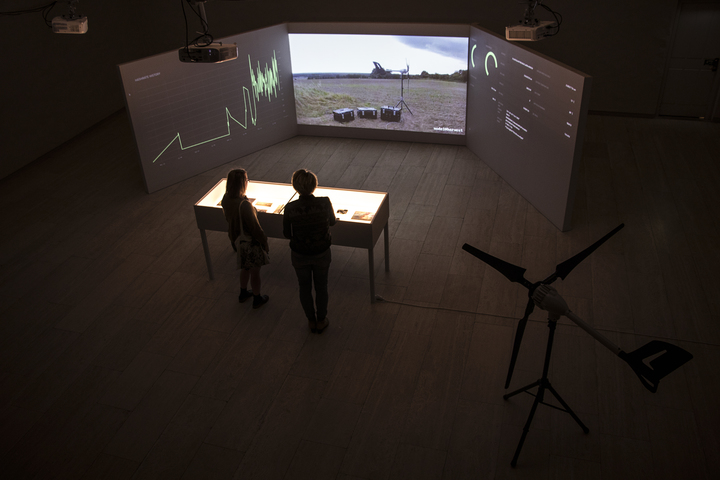 Julian Oliver - Harvest, Wind energy used to mine cryptocurrency to fund climate research, 2017. Photo by Alexandra Magnusson
Julian Oliver - Harvest, Wind energy used to mine cryptocurrency to fund climate research, 2017. Photo by Alexandra Magnusson
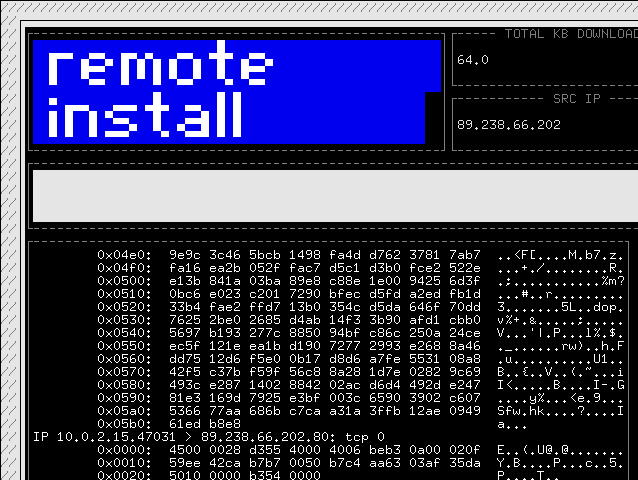 Julian Oliver - Remote Install, 2013. Installation of Software Art as Software Art Installation
Julian Oliver - Remote Install, 2013. Installation of Software Art as Software Art Installation
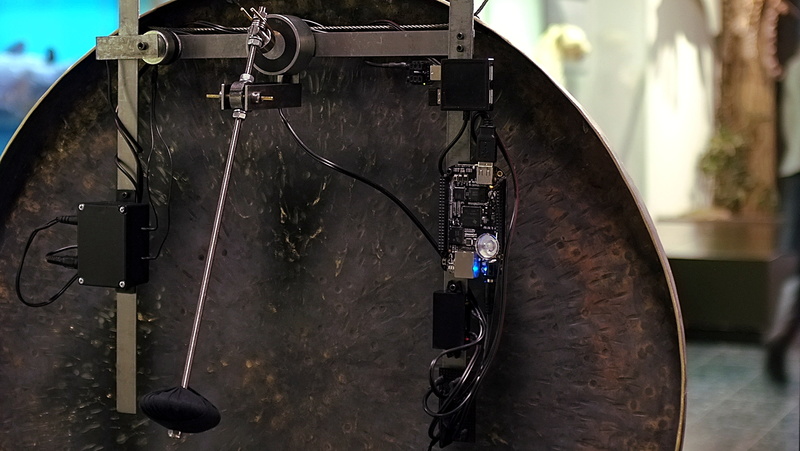 Julian Oliver, Crystelle Vu - The Extinction Gong, 2017. A ceremonial automaton for the Sixth Mass Extinction
Julian Oliver, Crystelle Vu - The Extinction Gong, 2017. A ceremonial automaton for the Sixth Mass Extinction
Julian Oliver is a New Zealander, Critical Engineer and artist based in Berlin. His work and lectures have been presented at many museums, galleries, international electronic-art events and conferences, including the Tate Modern, Transmediale, the Chaos Computer Congress, Ars Electronica, FILE and the Japan Media Arts Festival. Julian has received several awards, most notably the distinguished Golden Nica at Prix Ars Electronica 2011 for the project Newstweek (with Daniil Vasiliev). He is the co-author of the Critical Engineering Manifesto and co-founder of Crypto Party in Berlin, who’s shared studio Weise7 hosted the first three crypto-parties worldwide. He is also the co-founder of BLACKLIST, a screening and panel series focused on the primary existential threats of our time.

.jpg)
